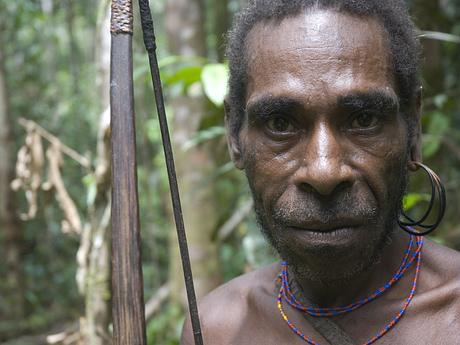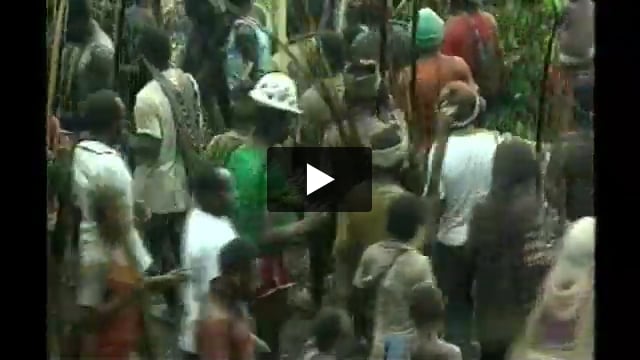Norwegian government – Rio Tinto’s Papua mine ‘unethical’
September 11, 2008
This page was last updated in 2008 and may contain language which is now outdated.
The Norwegian government has sold its shares in British company Rio Tinto, whose Grasberg mine in West Papua, Indonesia, has devastated the land of the Amungme and Kamoro tribes.
Norway sold its almost £500 million shares in Rio Tinto following recommendations from its Council on Ethics to exclude the company from its government pension fund.
The Council made its recommendation due to ‘a risk of contributing to severe environmental damage’ through Rio Tinto’s participation in the Grasberg copper and gold mine.
Rio Tinto, one of Britain’s leading companies, is a joint venture partner with the American company Freeport McMoRan in the Grasberg mine. The Norwegian ministry of finance excluded Freeport from the government pension fund in 2006 on similar grounds.
Grasberg is the biggest gold mine in the world. It discharges approximately 230,000 tonnes of waste directly into the Akywa river every day, risking lasting ground and water contamination from acid rock drainage.
The waste also smothers the vegetation, causing trees and sago palms, the staple food of the Kamoro tribe, to die. Before the mine, the Kamoro used the river for drinking water, fishing and washing, and the forest, which is also being polluted, for hunting.
In 1996 Rio Tinto (then RTZ) formed a joint venture with PT Freeport Indonesia. At the time, Freeport was the subject of a very public campaign by Survival and others over the killings and torture of tribal people by soldiers paid by Freeport to protect the mine.
Despite Freeport’s record, Rio Tinto invested in the mine, financing its expansion. In 2002 Freeport paid a total of US$5.6 million for ‘support costs for government–provided security’. Survival believes that Indonesia’s armed forces treat the Papuans worse than tribal people are treated anywhere else in the world.



